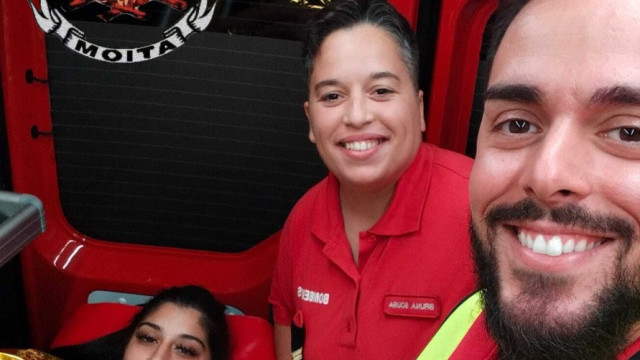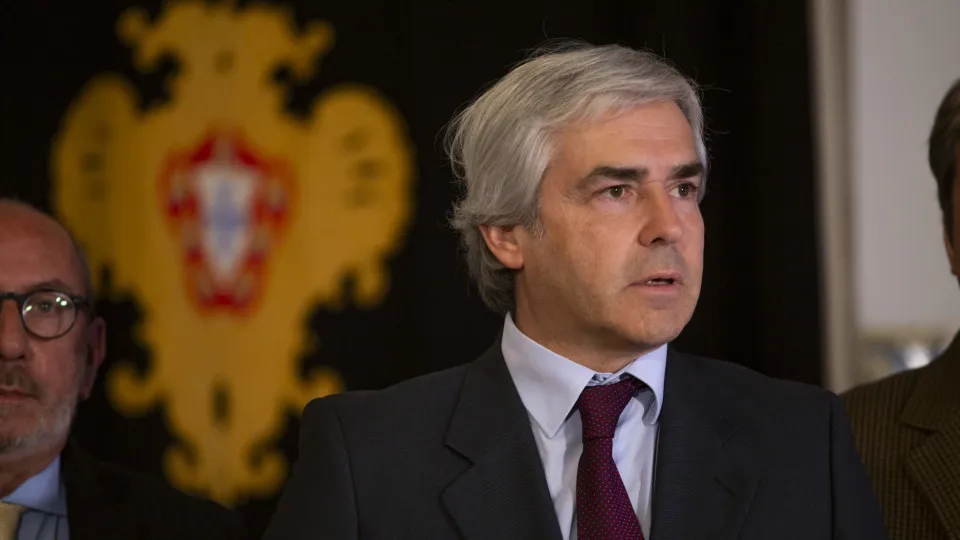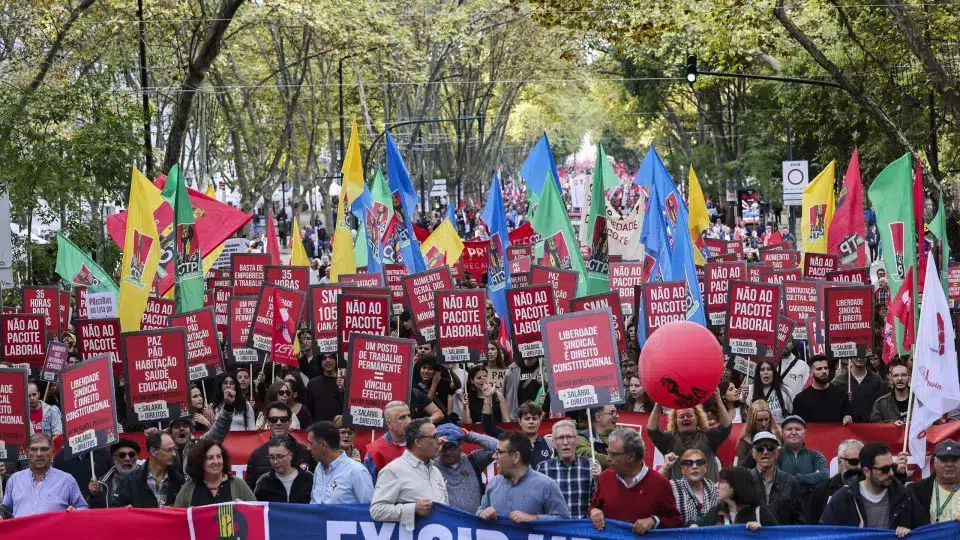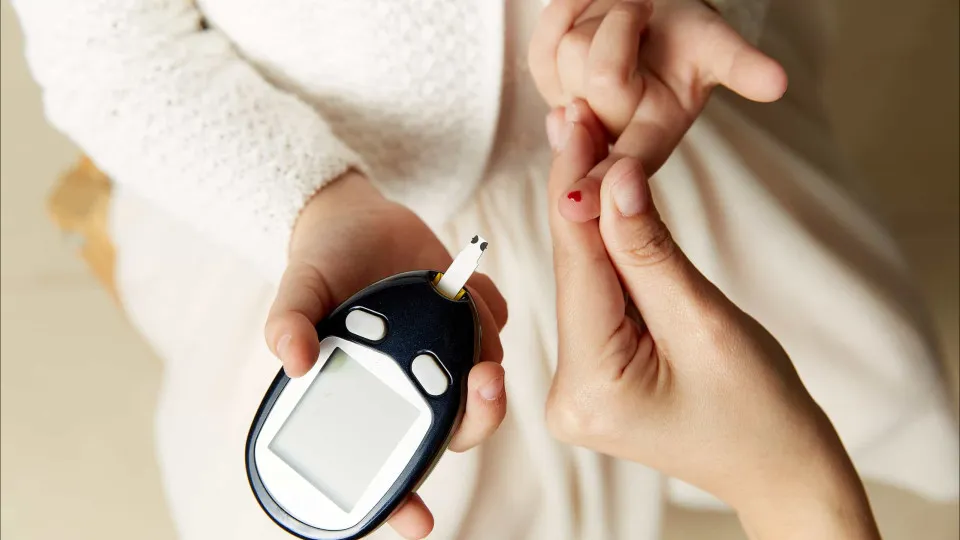The Volunteer Firefighters of the Moita municipality are making headlines in the neighboring country, Spain. Why? For the 15 births they have assisted in ambulances on the way to the hospital this year.
A Spanish newspaper reported, “The firefighters of the Portuguese city of Moita become ‘midwives’: 15 births in one year.”
The publication spoke with firefighters Paulo Medina and Hugo Rodrigues, who stated that they joined the service “to put out fires.” However, increasingly frequently, they have been assisting in childbirth.
“Life doesn’t wait,” said the fire brigade commander, Pedro Ferreira. Despite sharing photos of these special moments on social media, the commander poses an unanswered question: What will happen if a birth goes wrong and there’s nothing to celebrate?
“The day something bad happens and a baby dies, the blame will fall on us. When that day comes, I don’t want my men to face the media; I will take responsibility. No fire brigade in Portugal’s history has conducted as many births as we have. We are at 15 this year already, but it’s a record I don’t desire. The place for a baby to be born is in a maternity ward,” he declared.
The article contextualizes this news with the closures of gynecology and obstetrics departments, noting that some hospitals close them frequently.
It further explains that although pregnant women from Moita have a hospital nearby in Barreiro, the maternity unit is often closed on weekends.
“It closes almost every weekend, sometimes for several days,” said the commander, adding that he once received a notification from Almada Hospital at 3:05 AM, “informing that the delivery room would close at 8:30 AM.” “This is archaic.”
The most recent baby was born in a Moita firefighters’ ambulance on October 6, in a service area on highway A33. The ambulance was heading to Setúbal Hospital but did not arrive in time.

The firefighters in Moita again performed a delivery in an ambulance, this time without the support of an Emergency Medical and Resuscitation Vehicle (VMER). Both mother, Maria, and baby, Nariel, are well.
Tomásia Sousa with Lusa | 12:29 – 06/10/2025
“There’s a mix of emotions; it’s a very special and significant event to help someone come into the world,” said firefighter Hugo Rodrigues.
However, one of the deliveries could have gone wrong: “We arrived and found the woman on the ground, with her husband fainted next to her. They were at the house door, and it was raining. One baby came out and suddenly there was another nobody knew about. The baby was in cardiorespiratory arrest, and fortunately, we managed to revive it. It was the most complicated of the seven or eight deliveries I’ve assisted this year.”
The commander Ferreira also mentioned another case: “One of the cases this year was a woman from Guinea who called us because of abdominal pain. When we arrived, we realized she was pregnant, which she was unaware of. There was no ultrasound to help us see the baby’s position.”
The Spanish media outlined that firefighters receive better training than salaries, noting they lack risk bonuses for fighting fires but have emergency medical training. It also mentioned that while the essential equipment for childbirth is available in ambulances, for Moita’s firefighters, this equipment is being replaced faster than anywhere else in the country.
The rise in ambulance births symbolizes the deterioration of public health, with 35 incidents occurring in a year, the report noted, highlighting that the shortage of healthcare professionals is an ongoing problem since the socialist government led by António Costa and persists under the current Prime Minister, Luís Montenegro.
It was noted that calls for the dismissal of Health Minister Ana Paula Martins continue, especially after the deaths of a 36-year-old pregnant woman and subsequently, her baby.
Births in ambulances? “Of course, it bothers me,” but confidence in the minister is “total”
The Prime Minister acknowledged discomfort with recent cases of births in ambulances but emphasized maintaining total confidence in the Health Minister.
“Of course, it troubles me a lot that there are births in ambulances or even in public areas, but I’ve requested and am waiting for a systematic overview to understand why this happens,” said Luís Montenegro to journalists, during a visit to the Beneficente Portuguesa Hospital in Pará.
When asked whether he maintained political confidence in Health Minister Ana Paula Martins, Luís Montenegro replied: “Totally, totally, in the Health Minister and all members of the Government. No government member can be part of the government without having my total confidence.”

The Prime Minister admitted today discomfort with the recent cases of births in ambulances but stressed that he maintains total trust in the Health Minister.
Lusa | 01:34 – 08/11/2025




